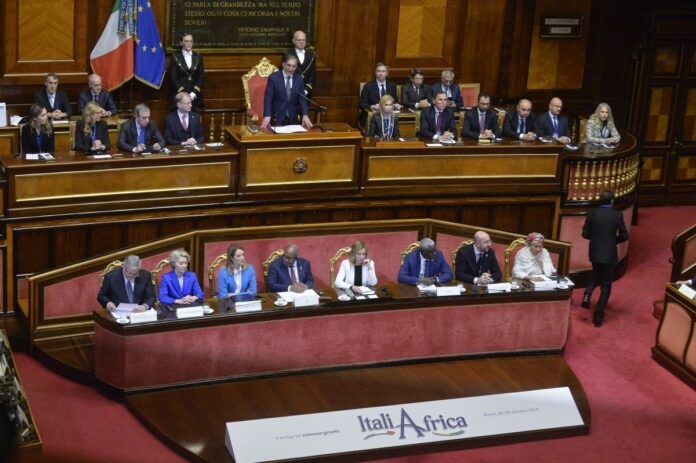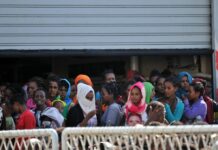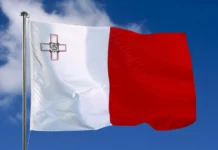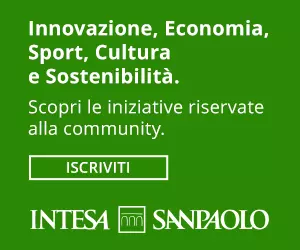
ROME (ITALPRESS/MNA) – Education and training, agriculture, health, energy and water are the five main points of the Mattei al Plan at the centre of the summit “Italy-Africa, a bridge for growth common”, currently underway in the Italian Senate.
“Europe and the whole world cannot think about the future without taking into account consideration of Africa; our future inevitably depends on the African continent. And aware of this, we want to do our part,” said the Italian Prime Minister, Giorgia Meloni, while announcing that the initial allocation as part of the Mattei Plan will be 5.5 billion in credits, donated operations and guarantees.
“Italy’s natural vocation is a bridge between Africa and Europe, a bridge that we have the advantage of being able to build starting from scratch but from the solid foundations that a long time ago Italian as Enrico Mattei had the foresight to achieve”, added Meloni.
On the education and training sectors, the Plan will deal with interventions that aim to promote training and the updating of teachers, the adaptation of curricula, the start-up of new professional and training courses in line with the needs of the labour market and collaboration with businesses, involving in particular Italian operators and exploiting the Italian ‘model’ of SMEs.
The interventions in agriculture will be aimed at decreasing the rates of malnutrition; promote the development of agri-food supply chains and support the development of non-fossil biofuels. In this framework, it is considered as fundamental the development of family farming, the protection of forestry and the fight against and adaptation to climate change through integrated agriculture.
The focus is also on the strengthening of the health system, improving accessibility and quality for both maternal and child services. To strengthen local capacities in terms of management, training and employment in the healthcare systems, research and medical personnel digitalization, the development of prevention strategies and systems, and containment of health threats, in particular pandemics and natural disasters.
Energy is one of the central sectors of the Plan. The goal is to make Italy an energy hub, a real bridge between Europe and Africa. In the context of the connection between climate and energy, all interventions will be carried out to strengthen efficiency energy and the use of renewable energy with actions aimed at accelerate the transition of electricity systems, in particular for electricity generation from renewable sources and transmission and distribution infrastructures. It is a commitment that it will also include the on-site development of applied technologies to energy also through the establishment of innovative energy centres, where Italian companies will be able to select local start-ups and thus support employment and development of human capital.
Finally, water is a very precious resource, the scarcity of which in Africa represents one of the main factors in relation to food insecurity, conflict and migration. In this framework the interventions will concern: the drilling of wells, powered by photovoltaic systems; maintenance of the points of pre-existing water supplies; investments in networks distribution networks; and raising awareness through activities regarding the use of clean, drinkable water. All these pillars are interconnected with each other with interventions on infrastructure, both general and specific for each sector.
(ITALPRESS).
– Photo: Agenzia Fotogramma –
(ITALPRESS).














